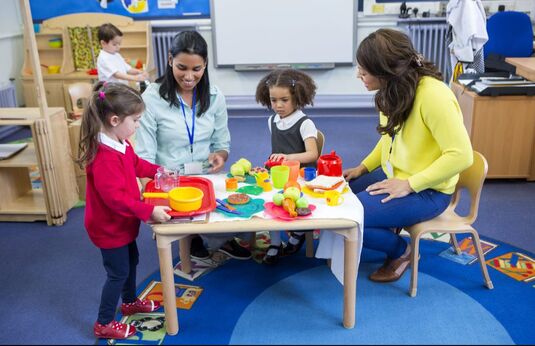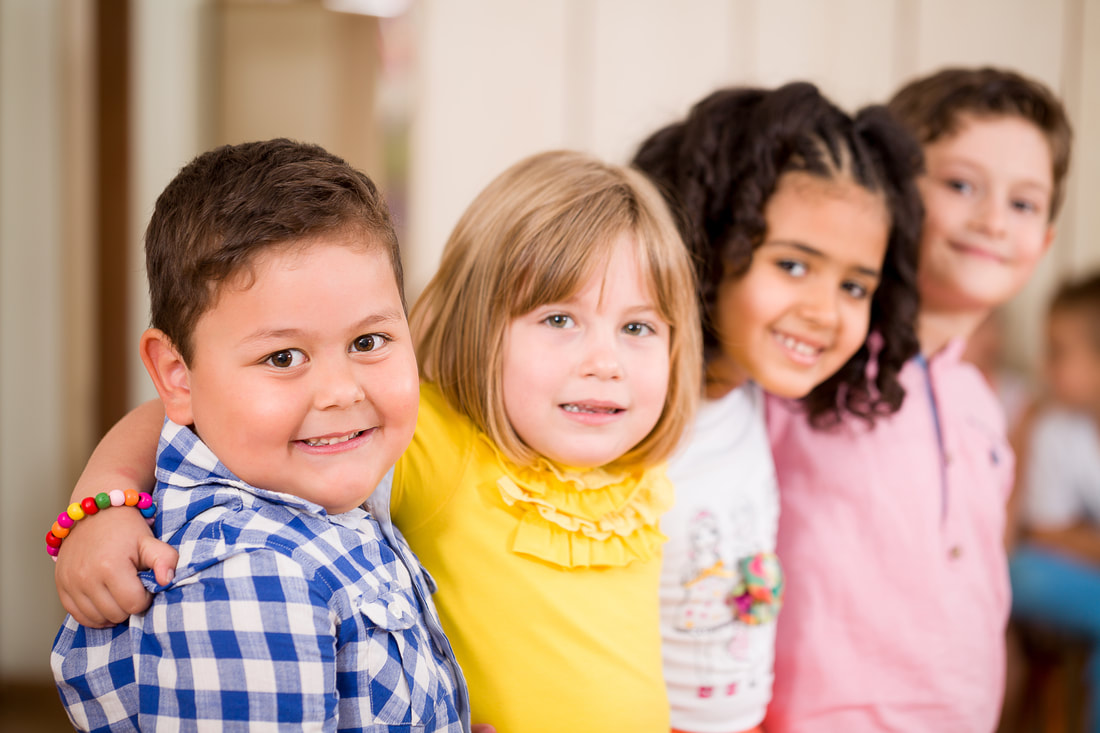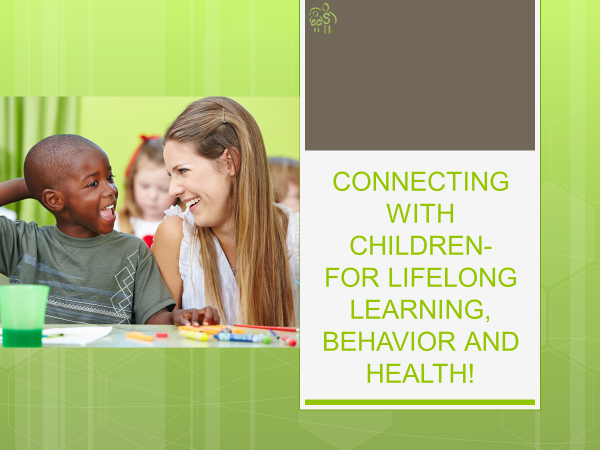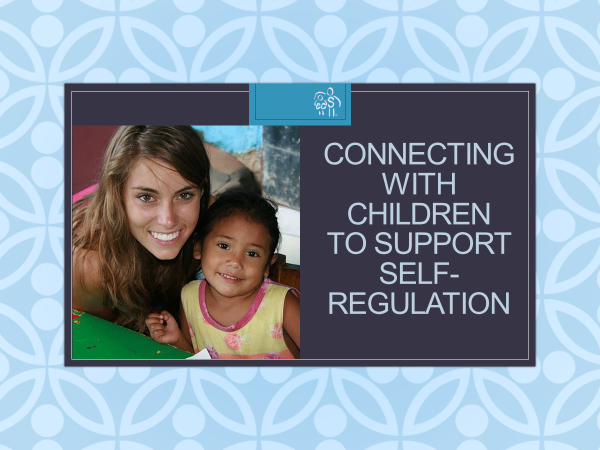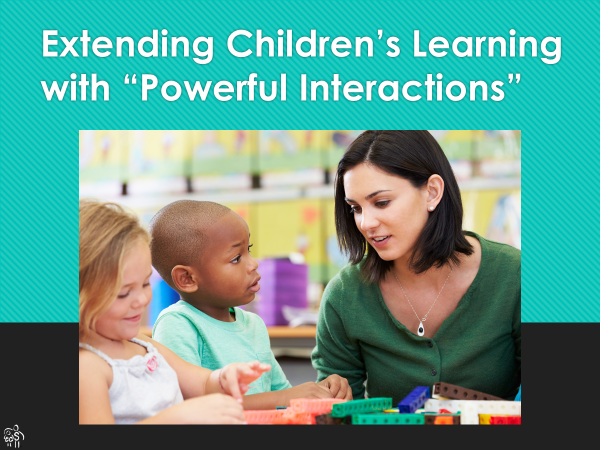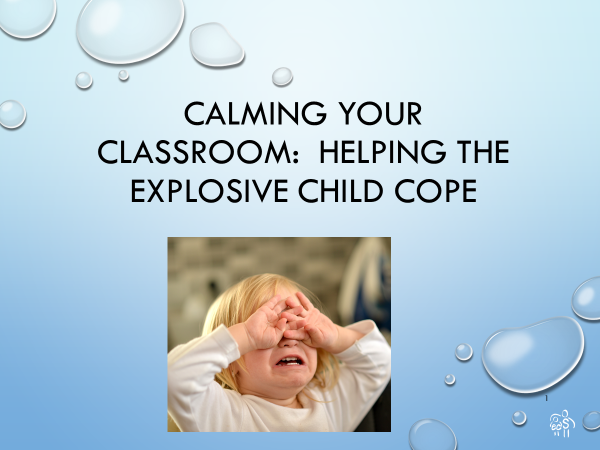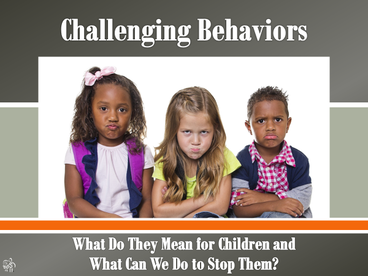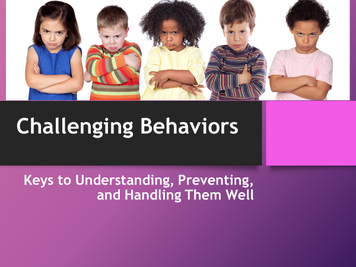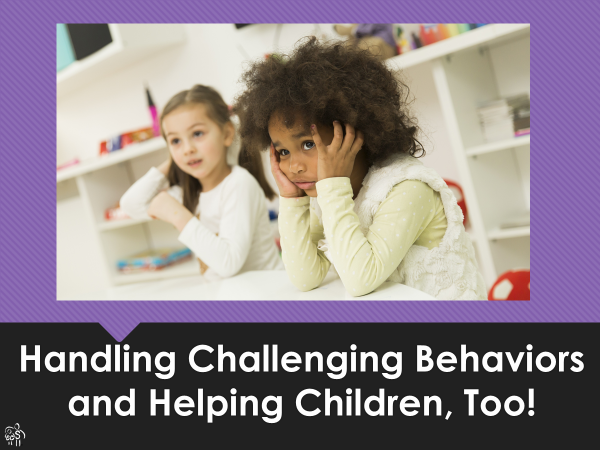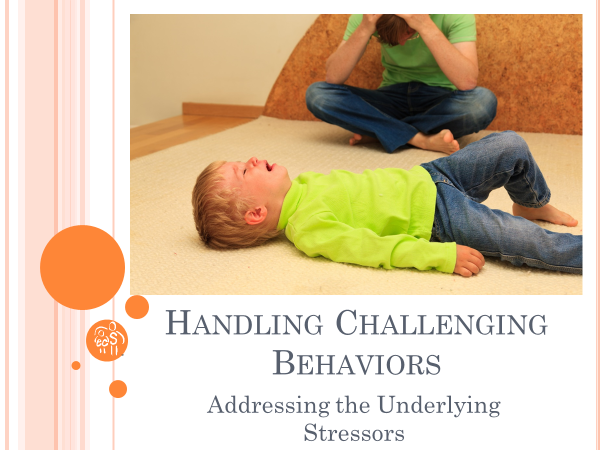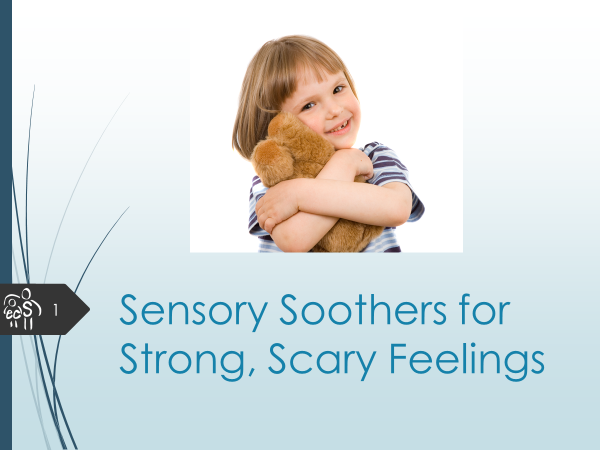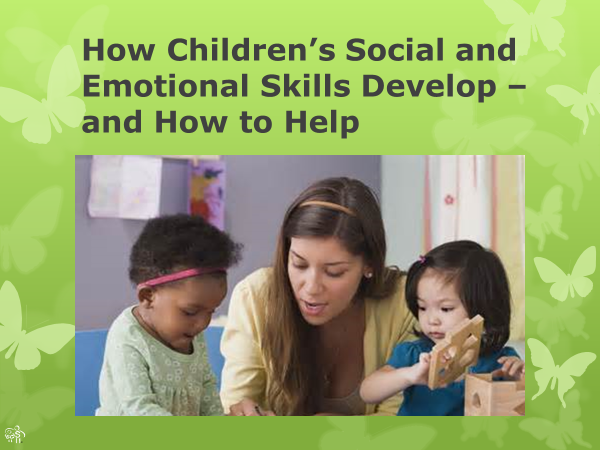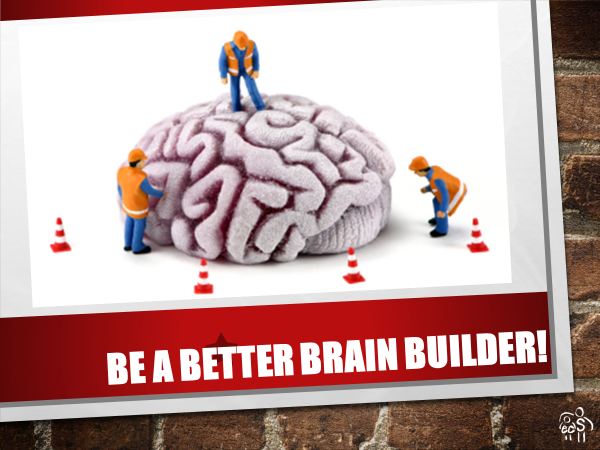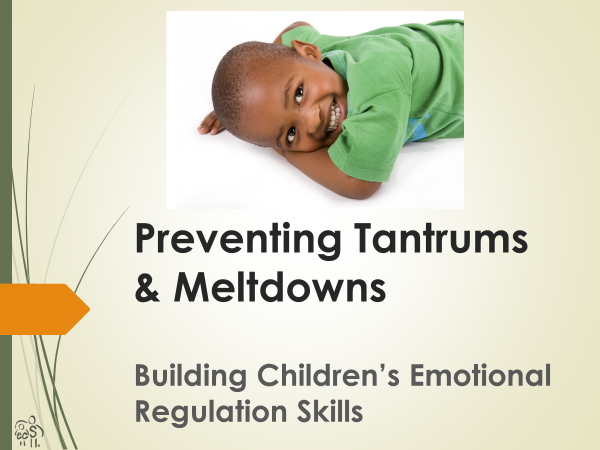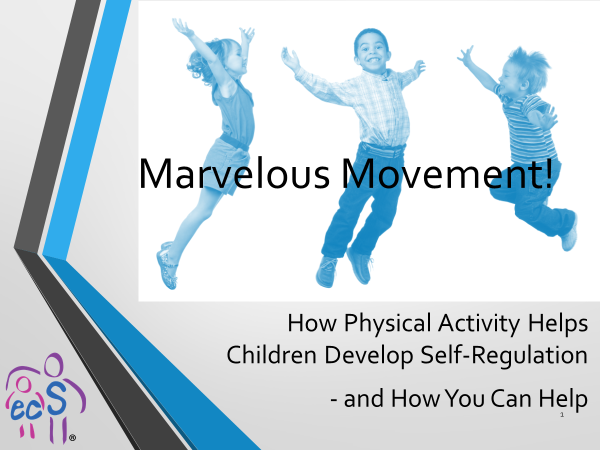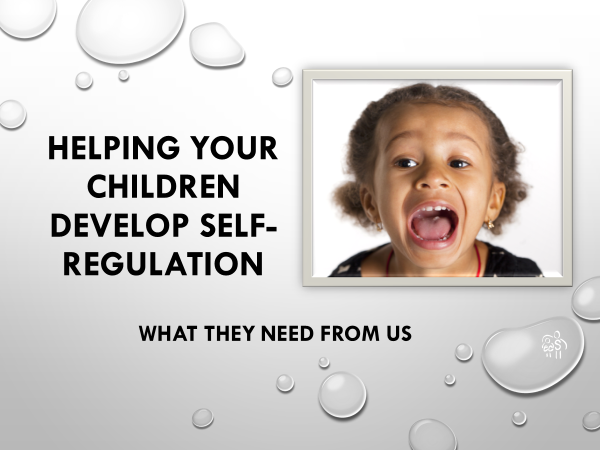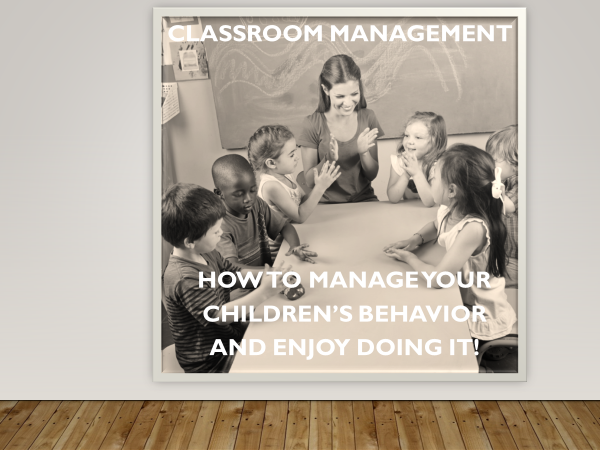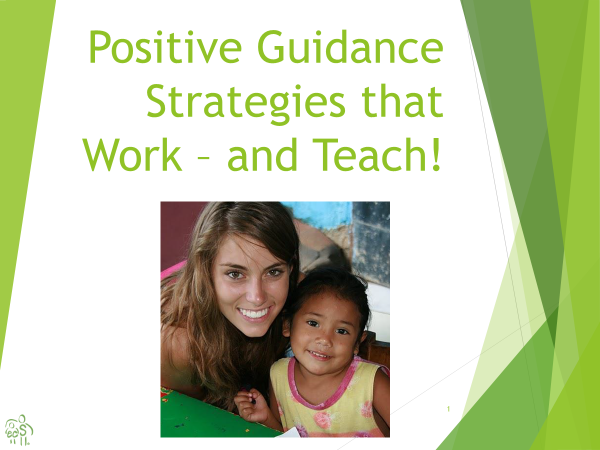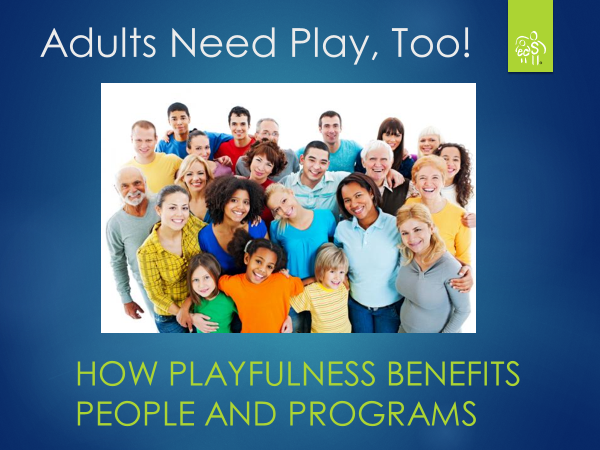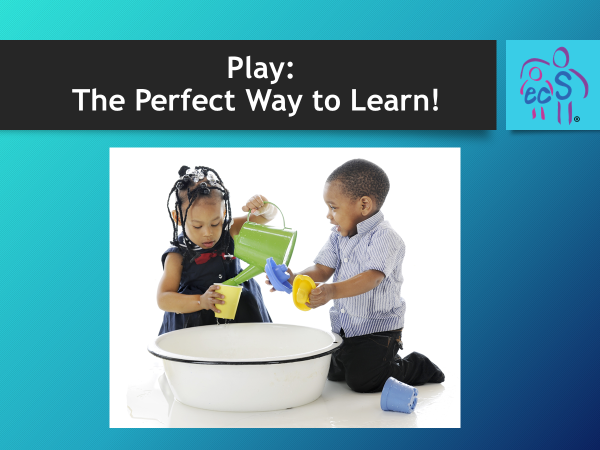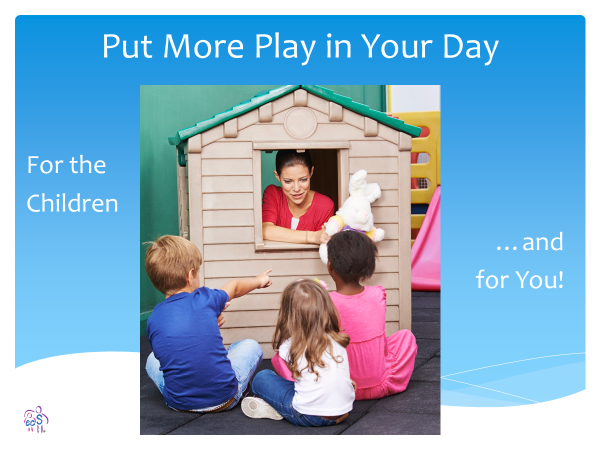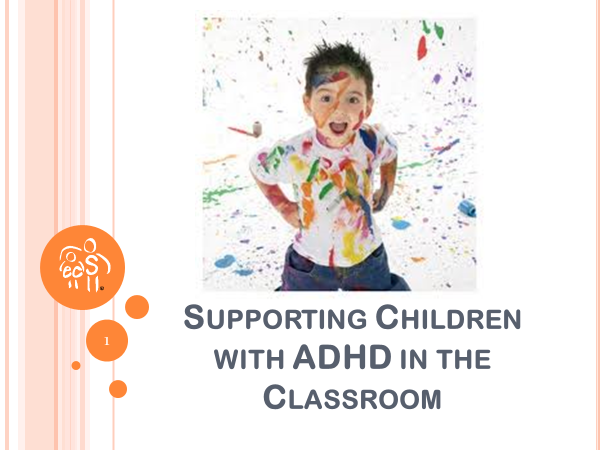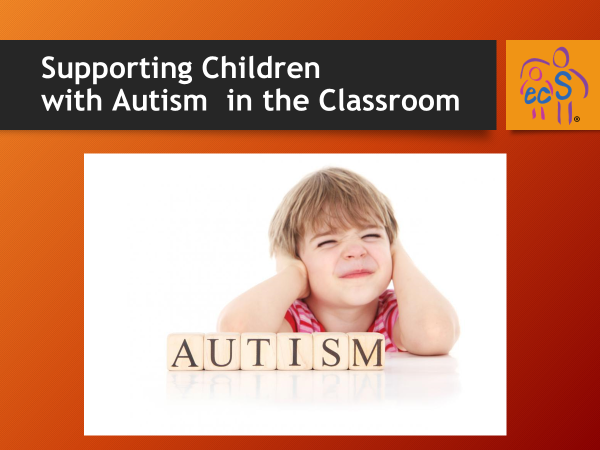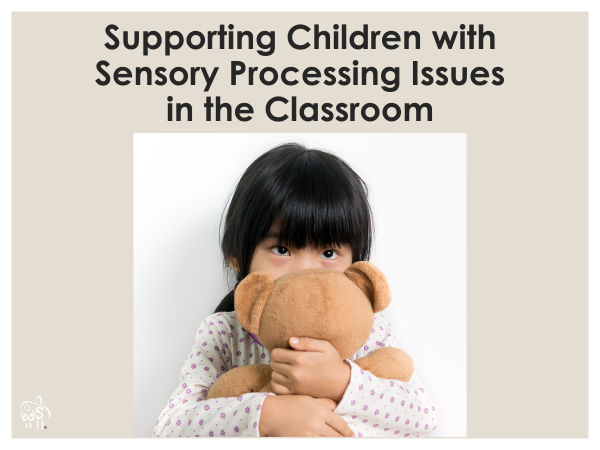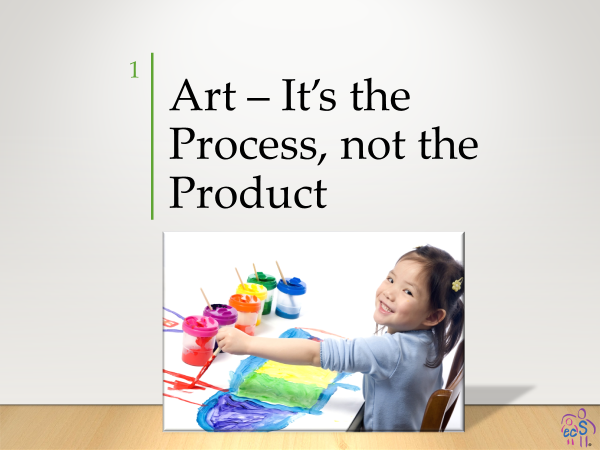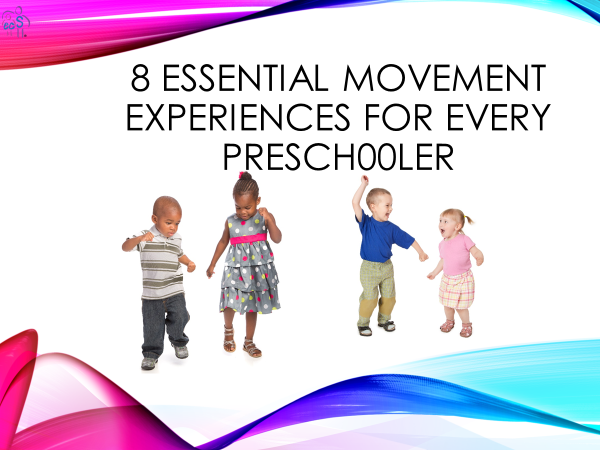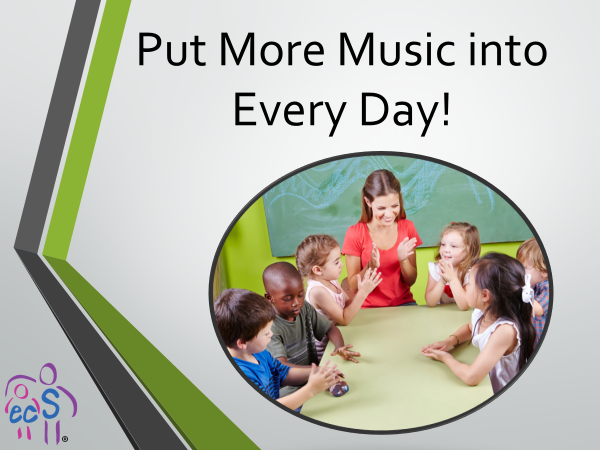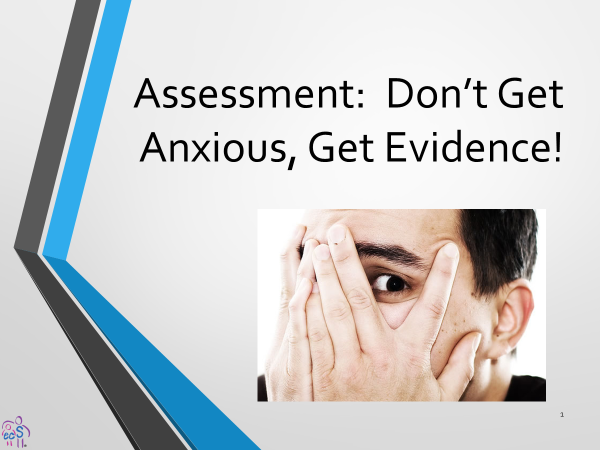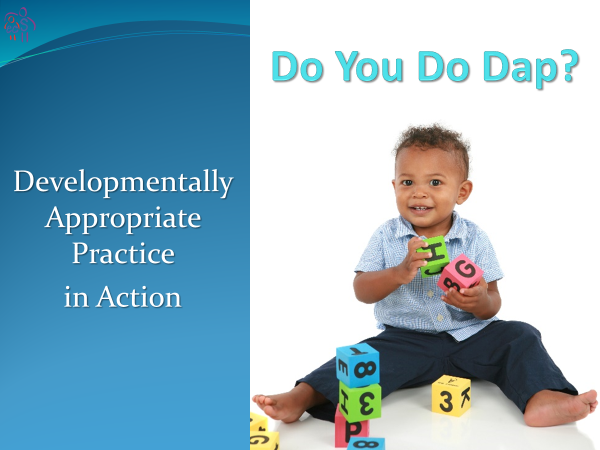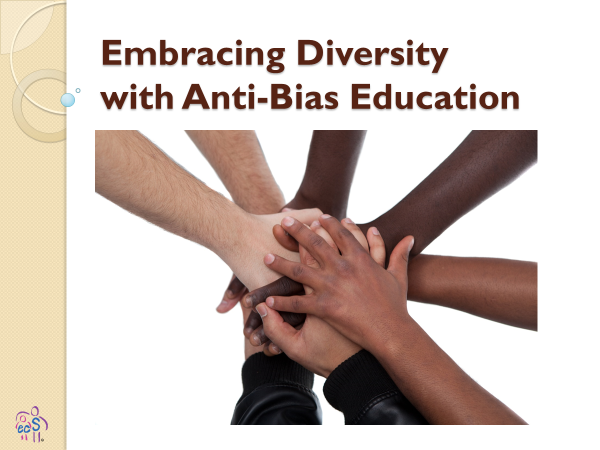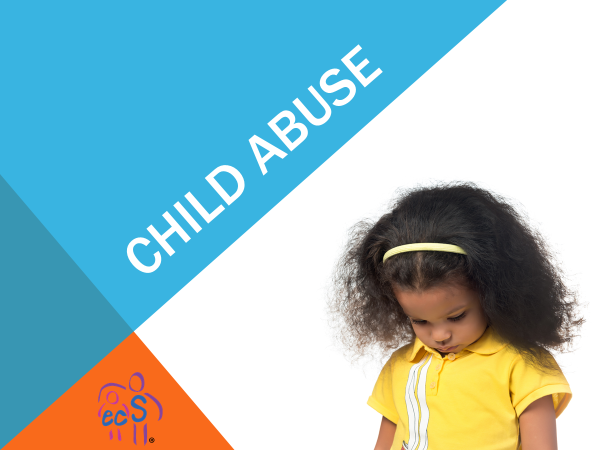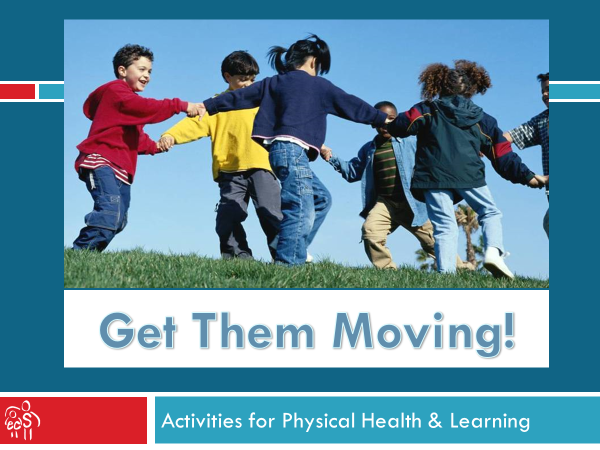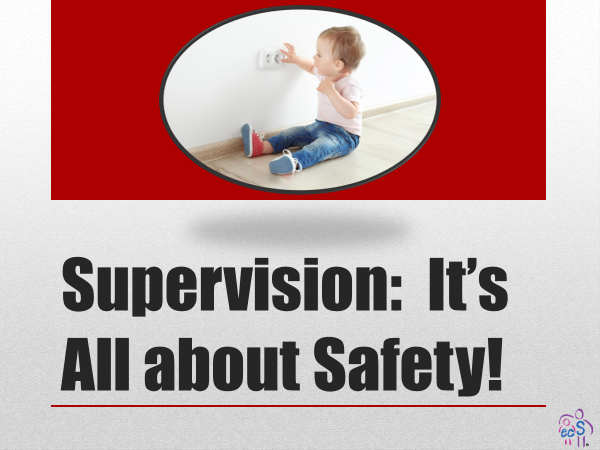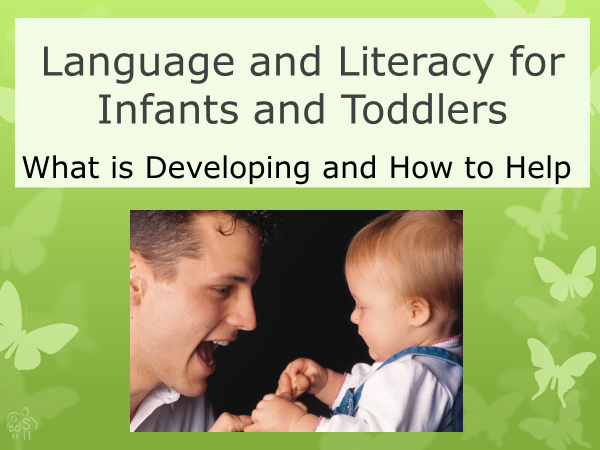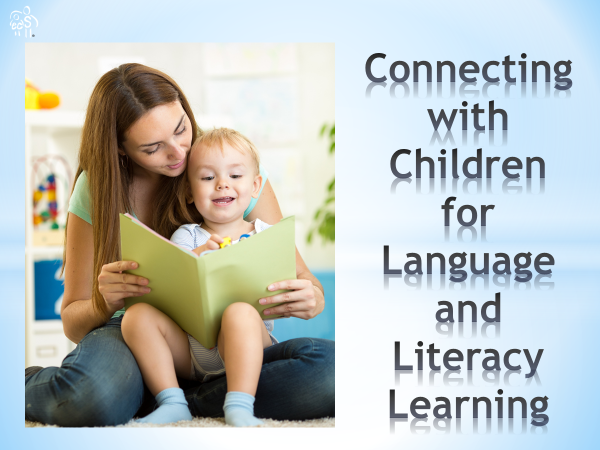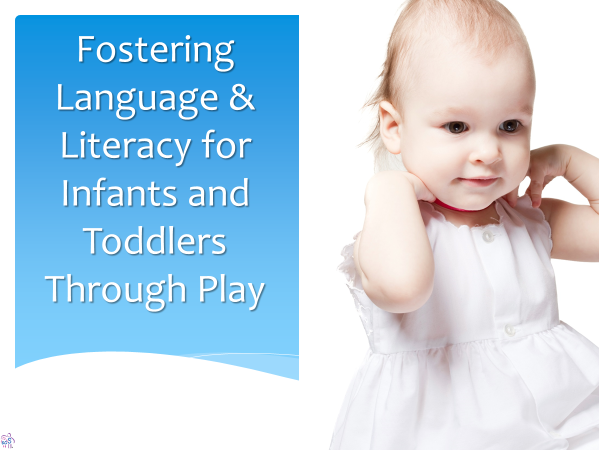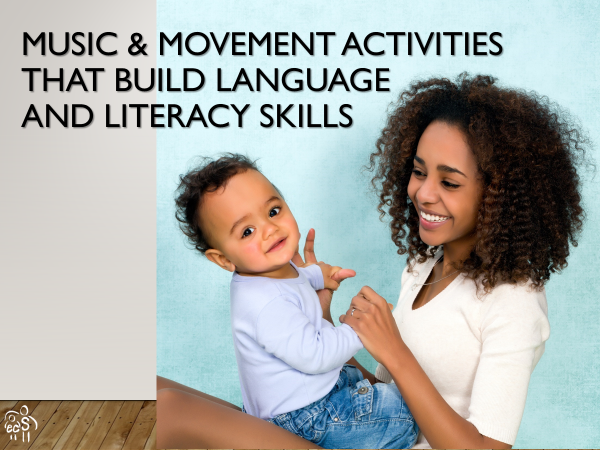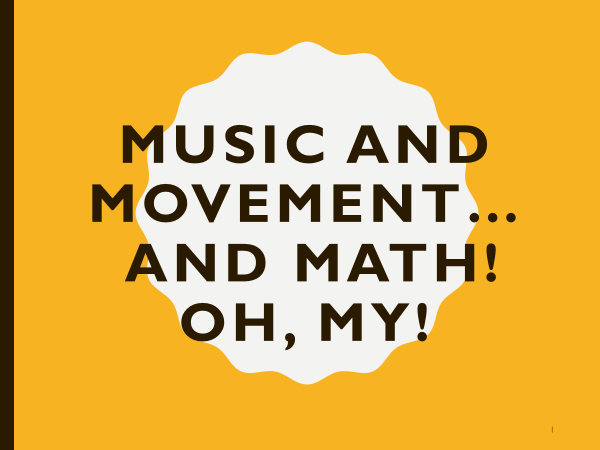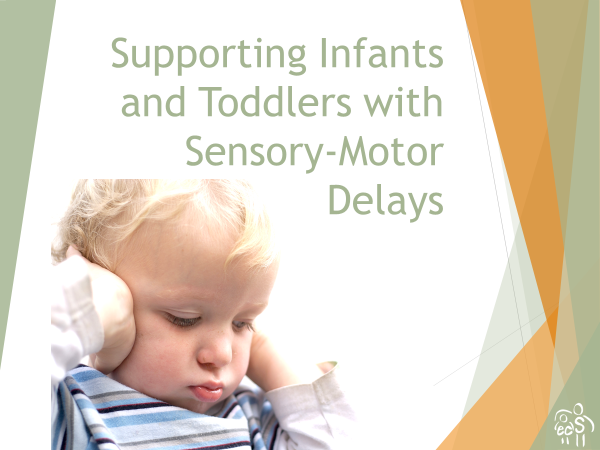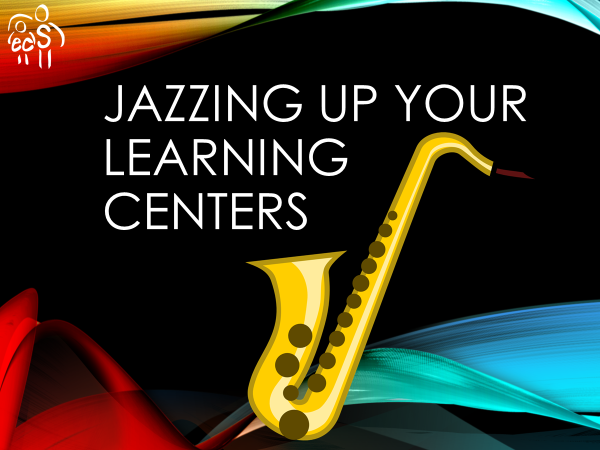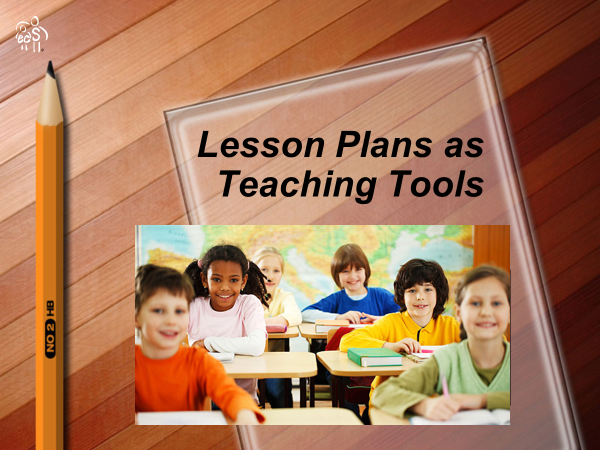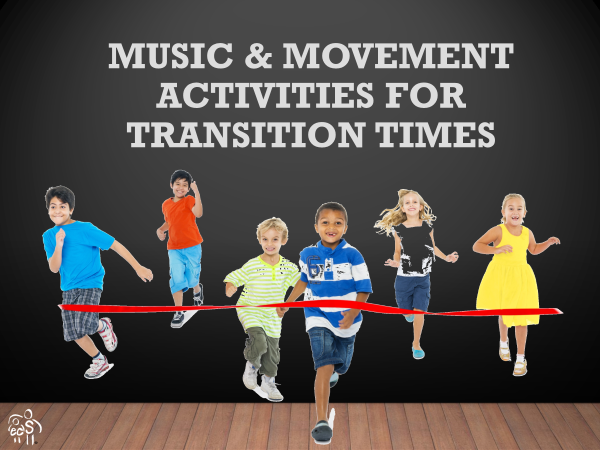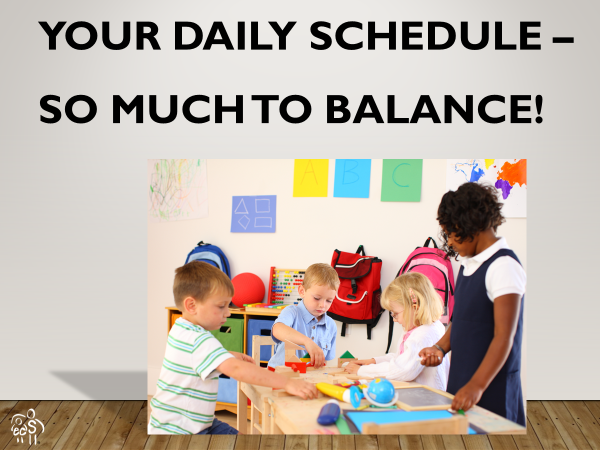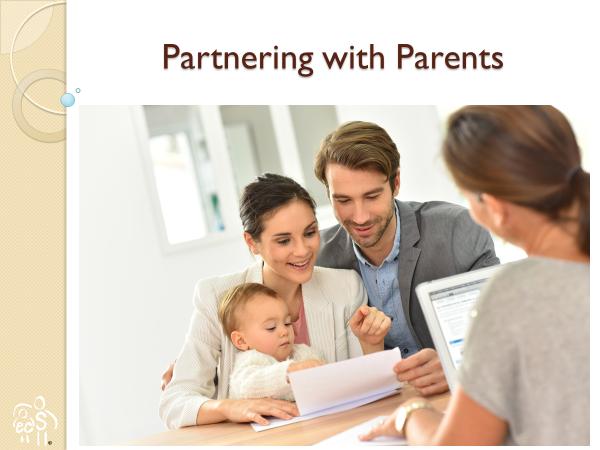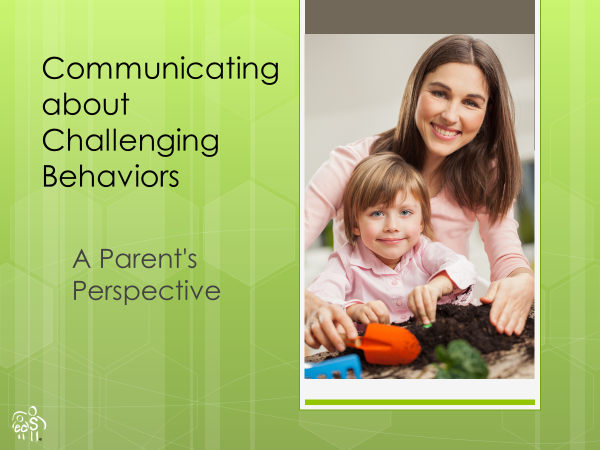OUR TEACHER TRAINING TOPICS
Social-Emotional Development Is our Specialty!
Children's social-emotional development is vitally important for their success in life.
We are passionate about helping caregivers and teachers support this domain, especially for children with challenging behaviors.
Our teacher training sessions will help attendees guide children's behavior like a pro!
We are passionate about helping caregivers and teachers support this domain, especially for children with challenging behaviors.
Our teacher training sessions will help attendees guide children's behavior like a pro!
Our Social-Emotional Topics include:Adult-Child Relationships
Challenging Behavior Positive Guidance The Importance of Play |
Other Teacher Training Topics:Children with Special Needs ADHD, Autism, Sensory Processing Disorder |
Don't see exactly what you're looking for below?
We have many more, and we can adapt them just for you!
We have many more, and we can adapt them just for you!
Most Teacher Training Sessions are 3-4 hours but many may be adapted to shorter or longer times. Some can be multi-day trainings.
Let's talk about what works best for you!
Let's talk about what works best for you!
SOCIAL-EMOTIONAL TEACHER TRAINING TOPICS
Adult-Child Relationships
|
Connection - The Foundation to Lifelong Learning, Behavior and Health
Warm, caring adult-child relationships form THE foundation of healthy lifelong development for young children. Participate in activities that help build secure attachment relationships with all ages of children. Leave with lots of ideas for connecting – and you’ll have fun, too! |
|
Connecting and Supporting Self-Regulation
Warm, caring adult-child relationships set the stage for children to learn effective self-regulation skills. Learn how to build high quality relationships with children and come away with many ideas for interactions and activities that research shows support children’s self-regulation. |
|
"Powerful Interactions"
Turn your everyday interactions with children into “powerful interactions” that strengthen relationships and extend their learning. Practice lots of strategies for the three steps, and leave ready to provide your children with many opportunities to connect with you and to learn! |
Challenging Behavior
|
The Explosive Child
When children “lose it”, they are demonstrating that they don’t have the skills to handle the situation appropriately. When we help them and teach the self-regulation skills that are lagging, these children will learn to cope with stressors better. |
|
Behavior Support Plan
One approach is to develop a behavior support plan (BSP). Learn to: determine the function of the behavior, prevent the behavior, teach replacement skills, and respond differently to the challenging behavior. Leave ready to use your own BSP in your classroom. |
|
Classroom Triggers to Challenging Behaviors
What can you do when challenging behaviors keep happening in your classroom despite your best efforts? Examine the environment to see what may be triggering them. A few small changes in your classroom management may lead you to big successes! |
|
Addressing the Underlying Stressors
Many children are experiencing stressors in their lives which can lead to challenging behaviors, including toxic stress or trauma, special needs, and even situations in the classroom environment. In this training, you will learn how to buffer the effects of these stressors and accommodate each child's needs. You will learn strategies for effectively managing challenging, defiant, or even explosive behavior, while maintaining your composure and bringing out the best in everyone! |
|
Preventing Emotional Overload
Most children get overwhelmed by their emotions, but some children also experience sensory overload. Discover many strategies and materials (both purchased and teacher-made) to help ease children’s emotional distress and soothe each of their 8 – yes, 8 - senses. |
Child Development
|
Skill Development & Teacher Strategies
Social-emotional learning takes time! Children slowly develop self-awareness and self-control and eventually learn ways to get along with peers and problem-solve. Learn lots of practical strategies and specific things to say to help your children develop socially and emotionally. |
Emotional & Self Regulation
|
Skill-Building Strategies
Avoid the next tantrum! Learn about the self-regulation process and the skills involved. Identify guidance and interaction strategies that support emotional regulation and participate in games that you can play with children to help them develop emotional regulation skills. |
|
Pysical Development & Self-Regulation
Movement helps mental health as well as physical development! Learn how physical activity helps children develop self-regulation skills and participate in active games that build these skills. Come away with lots of ideas and resources to bring to your classroom. |
|
Skill Development & Teacher Strategies
Beginning in infancy, children are developing the ability to manage their thoughts, feelings, and behaviors. Learn about self-regulation and explore ways you can support the development of essential self-regulation skills. Leave ready to provide the co-regulation your children need from you! |
Positive Guidance
|
Classroom Management
Your days are much more enjoyable when you can effectively manage your children’s behavior. Using classroom management doesn’t have to be a chore. In this training, you will hear what brain research shows about the importance of your relationships with your children for their behavior. In this training, participate in fun games and activities for connecting with your children. You will learn interaction and guidance strategies that increase positive behaviors and reduce inappropriate ones. You will leave ready to enjoy your days and your children’s behavior even more! |
|
Positive Guidance Strategies
Explore the fundamental skills young children need to master and the guidance approaches used to help them. Learn strategies that best promote positive child behaviors and reduce challenging ones. Come away with lots of useful guidance – and teaching – tools! |
The Importance of Play
|
Play for Adults
Play is not just for children! Learn how adults and the workplace each benefit when adults are playful. Explore eight play personalities and participate in games for each one. You’ll learn how to foster playfulness in your teachers and yourself! |
|
Maximizing Play for Learning
Play is the best way for children to learn, but are we providing enough of it? In this training, you will learn about the benefits of play for a child's development in all domains, for building relationships and more. You'll also discover how to structure your schedule, your environment and your interactions with children to make your day as playful as can be – and as fun and filled with learning as possible. |
|
Play for Children & Adults
Are we providing enough play in our children’s days? Discover how to structure your schedule, your environment, and your interactions with children to make your day as playful as can be – and as fun and filled with learning as possible! |
Questions about our social-emotional training topics? |
Let's talk! |
OTHER TEACHER TRAINING TOPICS
Children with Special Needs
|
Attention Deficit Hyperactivity Disorder
Active or ADHD? Identify the core symptoms of ADHD and how to accommodate the symptoms, help the children cope with challenging situations and teach them the skills that are lagging. You will leave ready to better support all your children! |
|
Autism Spectrum Disorder
Start with support they can see! Learn about visual cues and other strategies for helping these children with their challenges in communication, social skills, behavior, and sensory issues. You’ll be helping children with ASD and your other children, too. |
|
Sensory Processing Issues
Do you have children who get easily overloaded? Some children are overly sensitive to sensory input. Explore many simple strategies, materials, and activities for helping these children cope and learn ways to help children who are sensory seeking, too. |
Curriculum Areas
|
Developmentally Appropriate Art
Are your children free to express themselves through their art? Explore many open-ended art activities and practice strategies for talking with children about their art. Then use these experiences in your classroom and watch your children’s artistry blossom and bloom! |
|
8 "Key Movement Experiences"
When children are active, they are learning! Learn key movement experiences that set the foundation for gross motor development and contribute to school success. Come away with lots of activity ideas and leave ready to get your children moving! |
|
Essential Music Experiences
Children love music! Learn five essential music experiences, discover the best times in your schedule to implement them, and participate in lots of activities for each. You will be ready to bring more varied music activities into your classroom. |
|
Science Activities
Young children are natural explorers! Discover how to guide children through the scientific process and participate in many developmentally appropriate activities exploring the topics of air, light and color. Leave equipped to foster science in every part of your day! |
Developmentally Appropriate Practice
|
The Assessment Process
Does assessment stress you out? The process may seem intimidating, but it doesn’t have to be. You’ll learn the process of authentic assessment, identify types of assessment, and leave with strategies to help you gather, organize and interpret information. |
|
DAP in Action
Do you do DAP? Learn the five parts of developmentally appropriate practice and discover the importance of intentionality for teachers and of play for children. You’ll leave with lots of DAP activity ideas to use in your classroom! |
Diversity
|
Anti-Bias Education
This session focuses on helping children to embrace diversity by providing them with an education that is truly unbiased. You will learn the goals of anti-bias education and how to create an unbiased learning community. You'll also explore ways to help children learn about fairness in many areas, and be encouraged to embark on your own developmental journey of becoming an anti-bias teacher. |
|
Honoring Cultural Differences
Are there many right ways to raise children? Learn a useful framework for understanding cultural differences and explore how different viewpoints fit into this framework. You’ll grow in appreciation of and respect for differing perspectives, attitudes, and beliefs. |
Health & Safety
|
Child Abuse Awareness & Prevention
Learn all about child abuse and neglect: its prevalence, the types of maltreatment, possible signs, and child and family risk factors. Leave prepared to report and prevent child abuse and to talk with and listen to children about it, too. |
|
Safety Standards
It’s time for a refresher on the Minimum Standards set by Texas Licensing. We’ll make it more fun to remember the rules concerning health and safety with active involvement activities. You’ll leave prepared to keep the children safe and sound! |
Infant and Toddler Development
NOTE: The following 4 trainings may be presented as a series.
|
1. Language Development & Teacher Strategies
A child’s language is most rapidly developing in the first three years of life. In this training, you will learn what is developing and how literacy emerges. You will explore your important role in facilitating this development and learn many ways to foster language development and promote early literacy. You will leave ready to more effectively help children develop language and learn literacy skills! |
|
2. Connection for Language & Literacy Learning
Infants and toddlers need a close relationship with YOU to learn language! Explore fun activities that help them feel connected to you while also contributing to language and literacy learning. You’ll come away with lots of ideas for doing both! |
|
3. Playful Experiences for Language & Literacy
Children learn best through play, and it’s good for adults, too! Learn how children learn language and literacy skills through play, and how we benefit as well. Participate in many language-building songs, games, and playful experiences - and have fun! |
|
4. Music & Movement Activities for Language & Literacy
Music and movement activities are wonderful ways to foster language and literacy. Explore how to support this development and try out lots of active music experiences. You’ll be ready to help children’s behavior, health, and physical development improve, too! |
|
Music & Movement for Early Math
Infants and toddlers are learning math already, especially through music and movement. Learn how musical elements and math concepts are related and participating in many music and movement activities. You’ll come away with lots of ideas to try! |
|
Supporting Sensory-Motor Development
Some infants and toddlers have difficulty using their senses and/or their muscles. Learn strategies to help these children participate fully in your classroom and playground and develop their lagging sensory-motor skills. Leave with tools for communicating with their parents, too. |
Learning Environments & Planning
|
Enhancing Learning Centers
Does your classroom “sing” with appealing and appropriate activities at center time? Through pictures, we’ll explore ideas for selecting and arranging materials, providing for all domains, and effectively managing the centers. Your classroom will hum with lots of hands-on learning! |
|
Lesson Planning
Writing lesson plans doesn’t have to be a chore! Learn the role of planning, the parts of a lesson plan, and tips for planning effectively. Come away with a great plan for your next small or large group activity. |
|
Music & Movement for Transitions
Transitions are excellent times to incorporate music and movement into your day. Learn about essential musical and movement experiences for young children and try out lots of activities. You'll be ready to help your children's behavior, health and learning improve! |
|
Balancing your Daily Schedule
Lots of fun learning activities, very little waiting – that’s an ideal day! Learn how to make your schedule full of enjoyment and engagement, with many opportunities for individual and small group interactions with children. You’ll have fewer discipline problems, too! |
Stress Management
Relax! The Benefits of Belly Breathing
Deep (or diaphragmatic) breathing has many benefits for children and adults, including calming stress and increasing concentration. In this training, you will explore these and other benefits, learn this breathing technique and practice many relaxation exercises that use belly breathing. You will leave relaxed and will be ready to teach children how to breathe like this, too!
Deep (or diaphragmatic) breathing has many benefits for children and adults, including calming stress and increasing concentration. In this training, you will explore these and other benefits, learn this breathing technique and practice many relaxation exercises that use belly breathing. You will leave relaxed and will be ready to teach children how to breathe like this, too!
Stressed? Put More Play in Your Day!
Adults need play, too! Are you allowing playfulness to brighten your days? Discover the play personalities of adults and participate in games for each one. You’ll leave with enjoyable activity ideas that will benefit you and your children as well!
Adults need play, too! Are you allowing playfulness to brighten your days? Discover the play personalities of adults and participate in games for each one. You’ll leave with enjoyable activity ideas that will benefit you and your children as well!
Working with Parents
|
Partnerships in Family-Centered Care
Are you seeking true partnerships between your program, your families, and the community? Explore strategies for strengthening these partnerships, and come away with ideas to support your staff, your families, and your community as you implement your family engagement plan. |
|
Communication - One Family's Perspective
Hear one parent’s perspectives of her special needs child’s challenging behaviors. Learn strategies for having difficult conversations and identify roadblocks to effective communication. You’ll leave with tools for enhancing your communication skills and strengthening your relationships with all families. |
Don't see exactly what you're looking for?
We can develop a teacher training session just for you!
We can develop a teacher training session just for you!
Most Teacher Training Sessions are 3-4 hours but many may be adapted to shorter or longer times. Some can be multi-day trainings.
Let's talk about what works best for you!
Let's talk about what works best for you!

